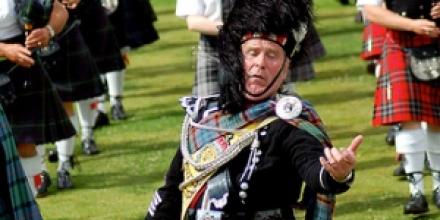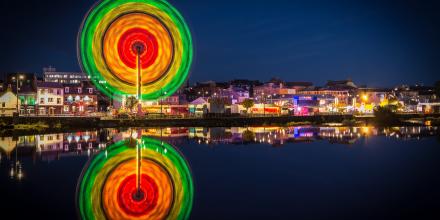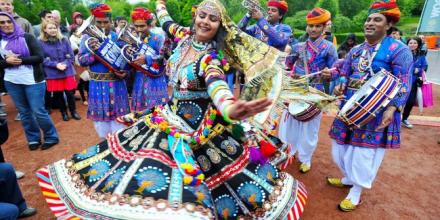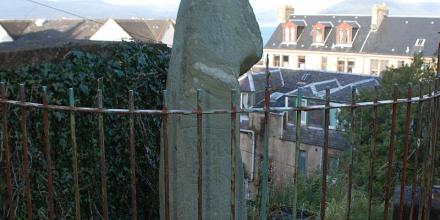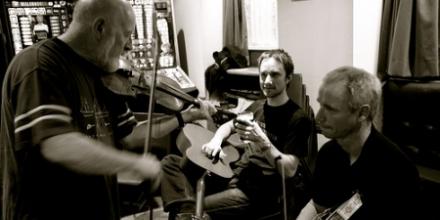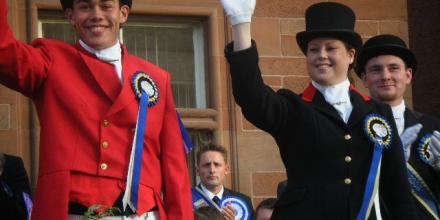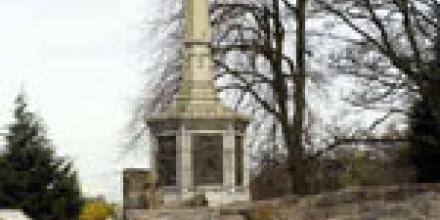Aberlour Highland Games
Taking place on the first Saturday of August, is Aberlour Highland Games. Set in an idyllic setting, on the banks of the Spey, in the beautiful little village of Aberlour, the Games attract more than 5,000 visitors annually. An afternoon celebrating all things Scottish. Including the usual Heavy Weight events, Track & Field, Highland dancing, and performances from a number of pipe bands. You can even take part in a 'Haggis Hurling Competition' Great day out for all the family. ... Read More

